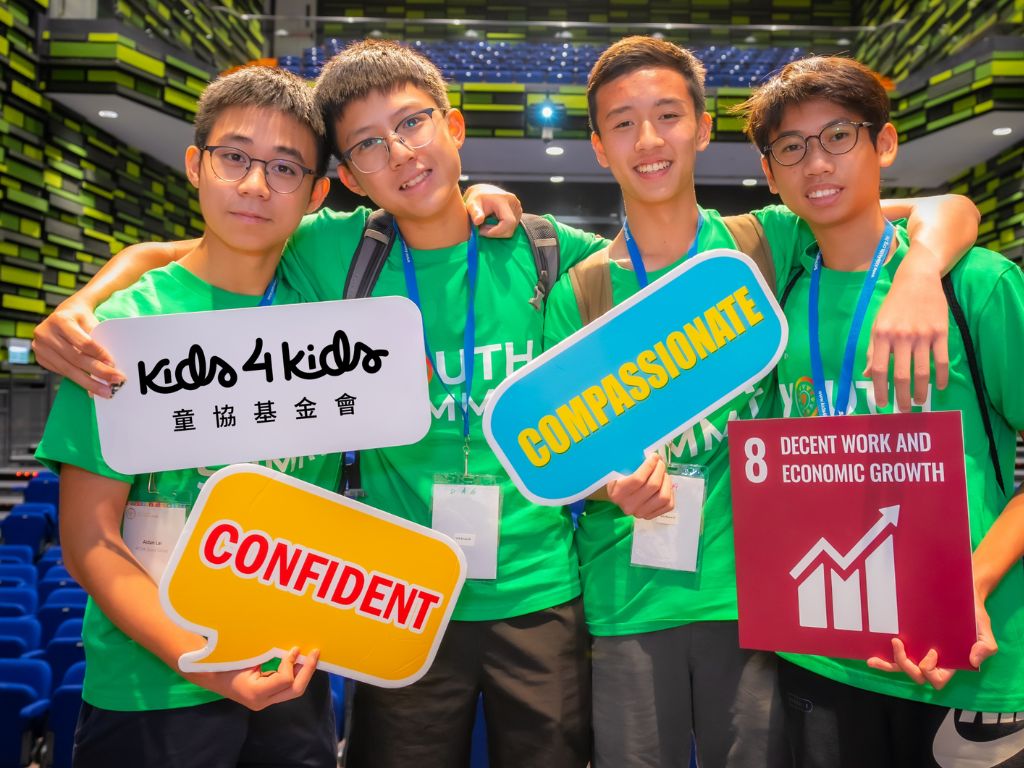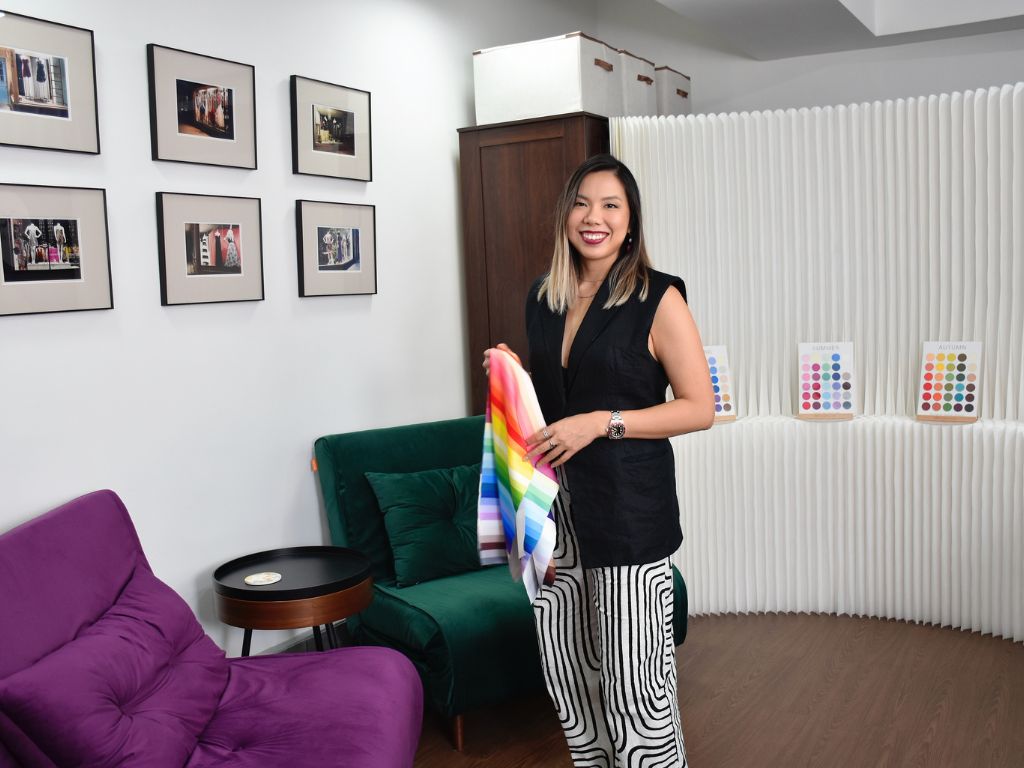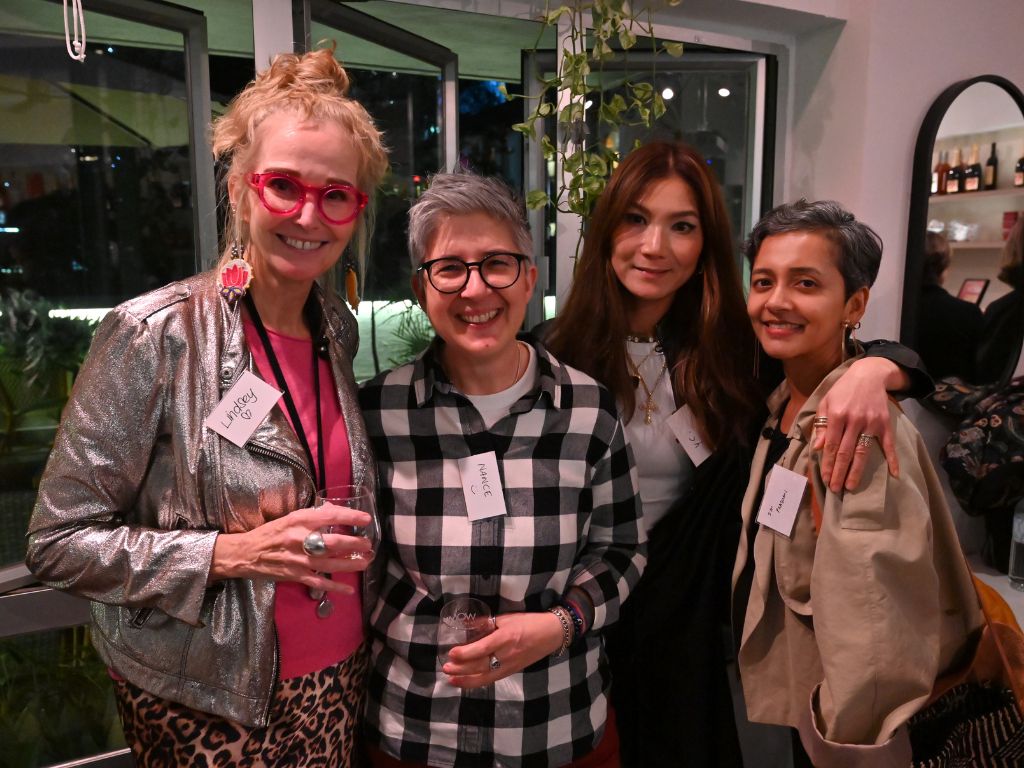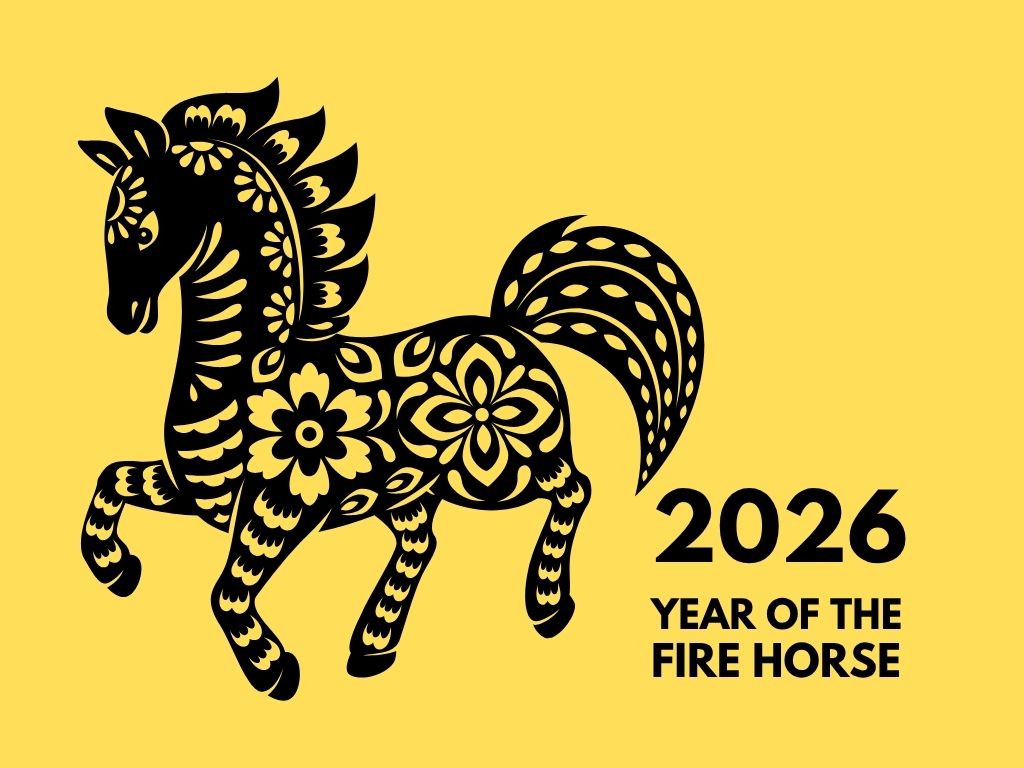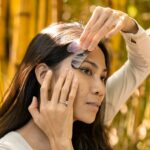Keeping Things Clean
Being Neighbourly x Ronald Ho, Soap Cycling
- Author/ Being Neighbourly
Share
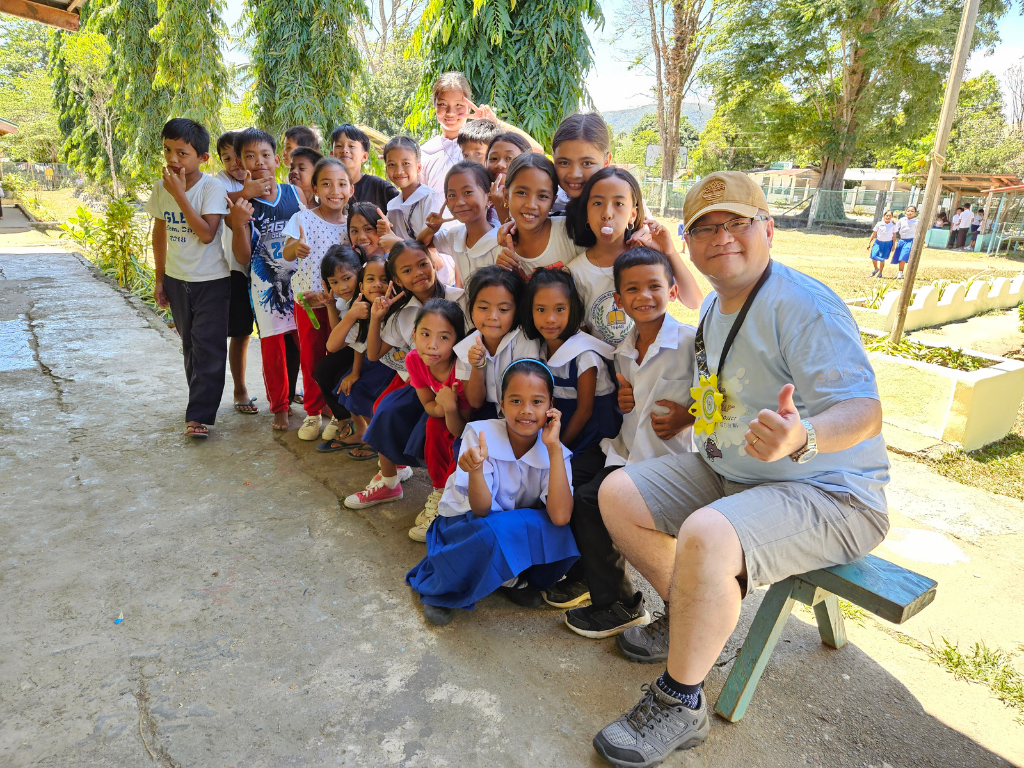
In 2012, Mr. David Bishop, an Associate Professor of Teaching at The University of Hong Kong, founded Soap Cycling for better internship and leadership opportunities for HKU students. Students were asked to run a company, while management and director-level roles in the company were filled by students, with Bishop acting as a mentor and advisor. Youth empowerment was realized with experiential learning opportunities provided under the internship program,” shares Ronald Ho, General Manager of Soap Cycling, explaining how the NGO began.
“You can’t be a leader until you get the opportunity to make mistakes and fail,” David said. “So, I thought why not give students a company and let them run it for me. They would get a chance to be entrepreneurs without risking capital, and I would provide guidance, resources, contacts and support,” says Ho.
According to him, soap was selected to try to counter global imbalances in accessibility to soap.
He says, “We discovered that 30 per cent of all deaths of children under five years old stem from diseases, like pneumonia and diarrhoea, that can be dramatically reduced simply by washing hands with soap. Meanwhile, bar soap provided to hotel guests was rarely being used by the time they checked out. In this way, soap recycling aims not only to remove thousands of kilos of waste from landfills, but to save lives.”
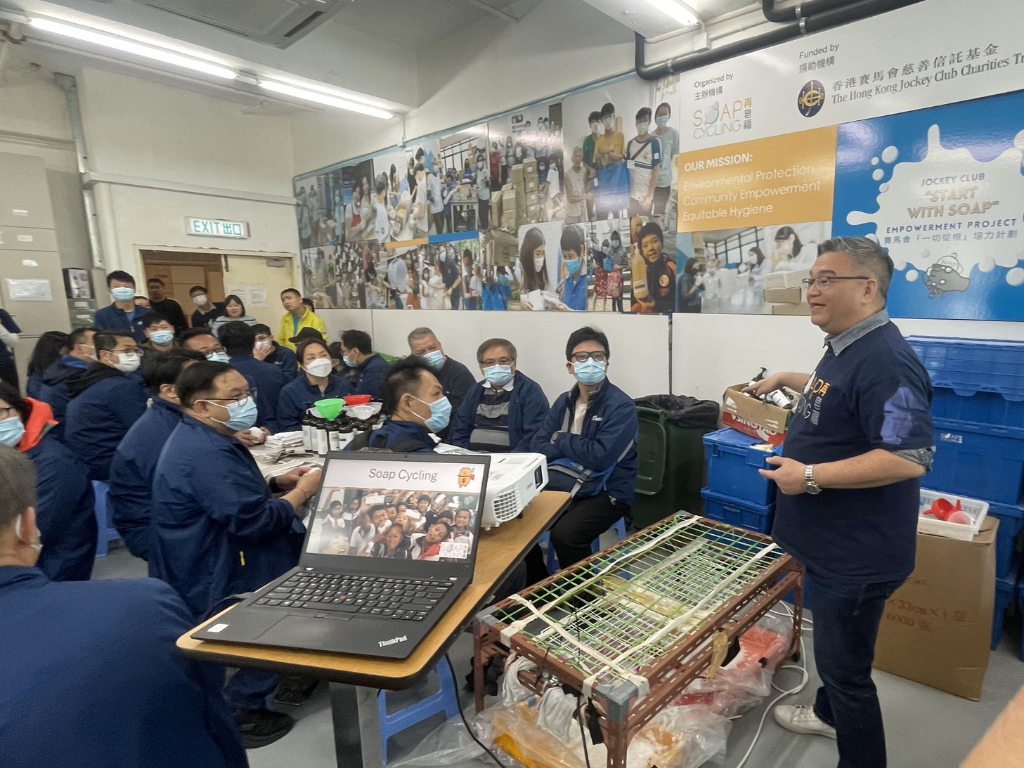
There are various outposts of Soap Cycling in the world. Soap Cycling Hong Kong has three full-time staff, including Ho, an Assistant Operations Manager and a Programme Executive, while Soap Cycling Mainland China has not had a staff member since Covid-19, rendering the Hong Kong team responsible for operations there.
Soap Cycling Philippines has a Country Manager who reports directly to the General Manager at Soap Cycling Hong Kong. This person is mainly responsible for soap distribution, with most soap bars distributed in the Philippines being provided by Soap Cycling Hong Kong. Meanwhile, Soap Cycling Singapore is a separate organization that enjoys a good relationship with its Hong Kong counterpart.
“Hotels pay us for the soap recycling services we provide. In recent years, hotels have shifted to using dispensers to reduce plastic waste. We found that plastic dispensers still end up in landfills, because pump heads cannot be recycled and liquid remaining in bottles may create a huge amount of bubbles and damage the plastic recyclers’ machines. Therefore, Soap Cycling reprocesses the used dispensers. We invented, then improved, different devices to allow youths with learning disabilities to open the locked or tightly closed dispensers easily, and to speed up draining the liquid remaining in bottles. In this way, we can engage our youth and minimize manpower costs, setting a competitive service fee for the hotels,” Ho shares.
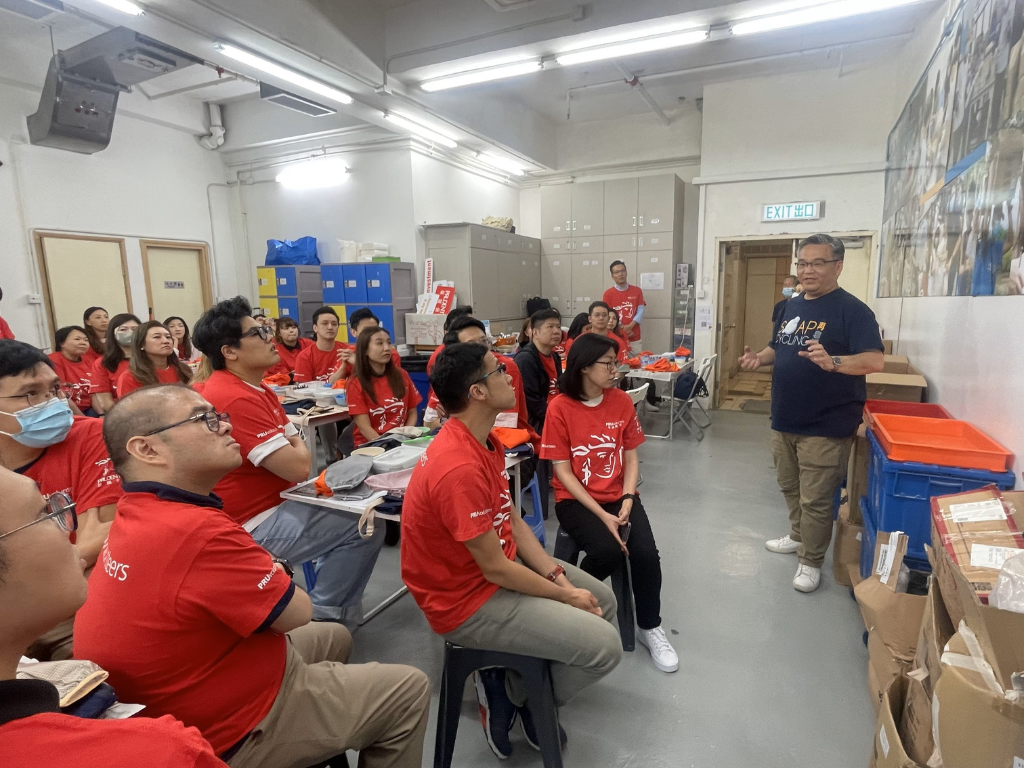
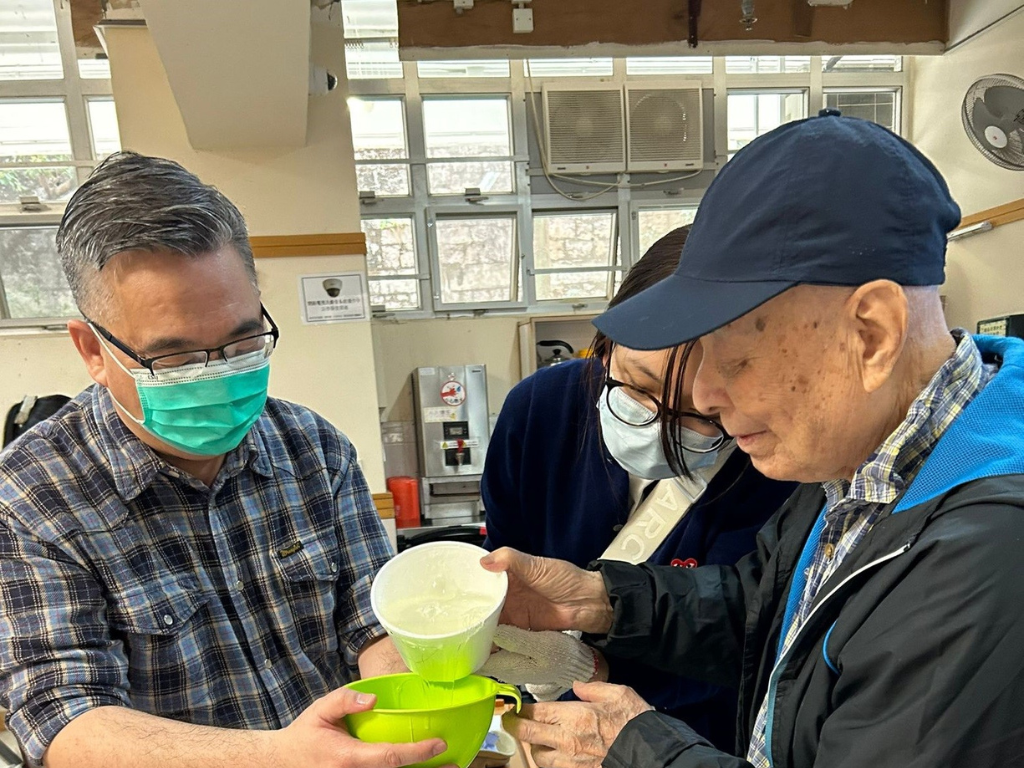
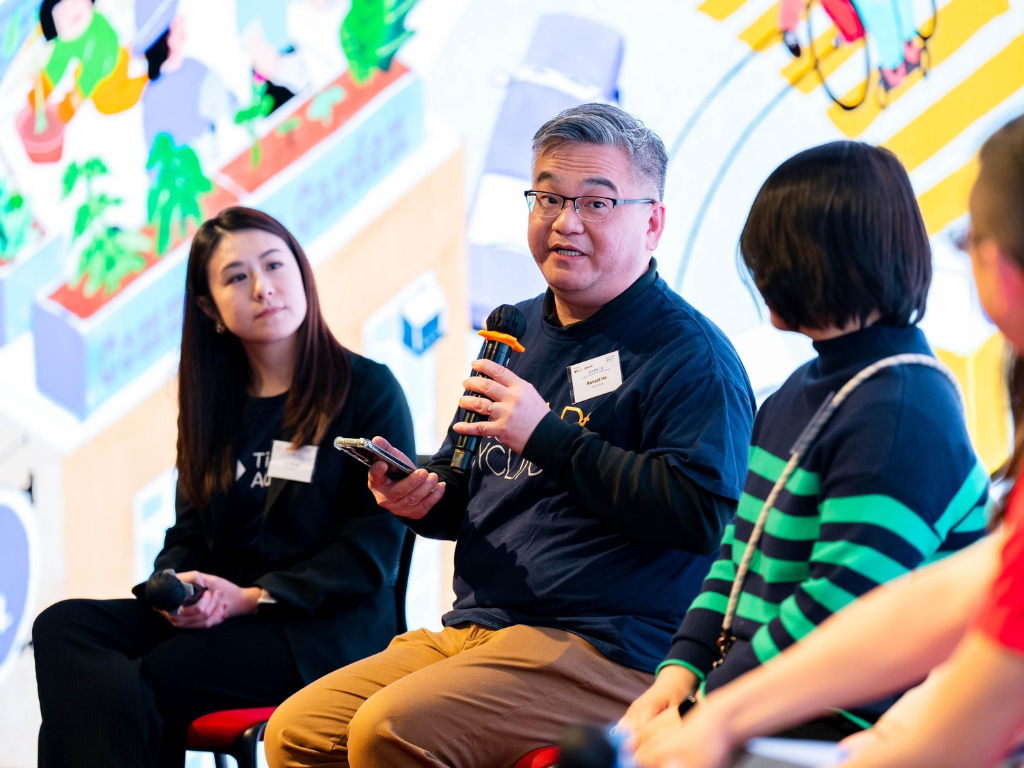
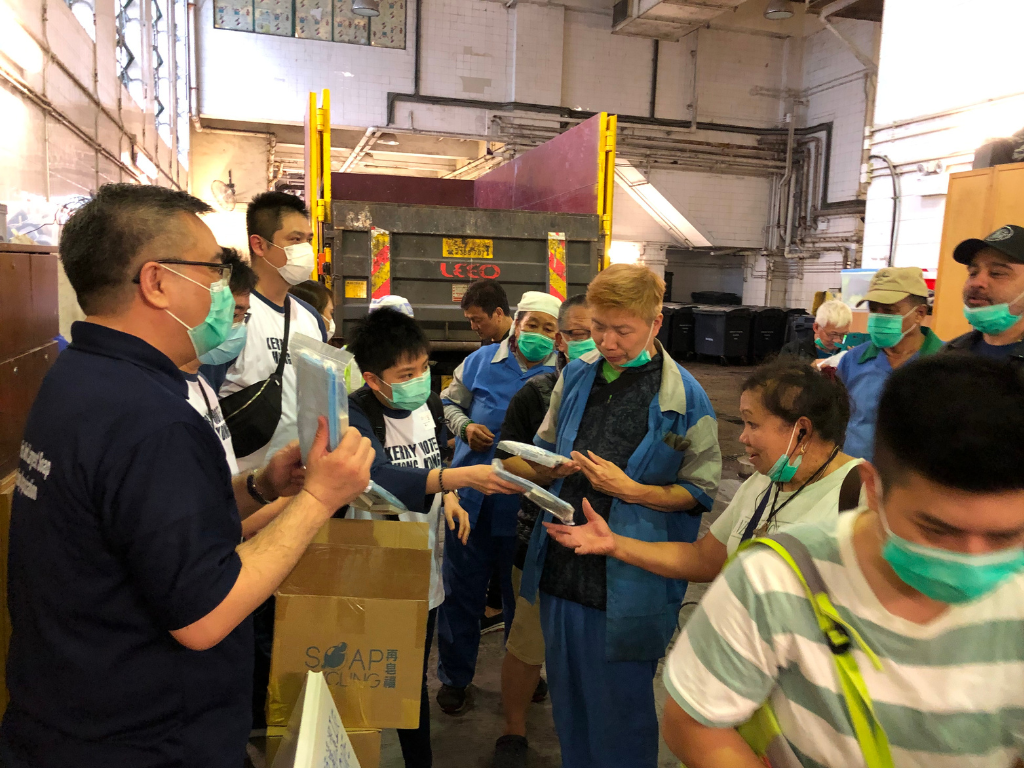
But Ho admits to some challenges. “Honestly speaking, Soap Cycling is still weak in marketing, including building awareness,” he says. Despite this, the charity is, in fact, pursuing a variety of worthwhile avenues, posting on different social media channels, joining platforms which help showcase their services such as HandsOn Hong Kong and Time Auction.
In addition, Ho shares, there is the Soap Cycling website; and the charity collaborates with different community partners to host different events, for example, community walks, soap distribution, public sessions, and so forth; “and a big thank you to Being Neighbourly for helping Soap Cycling to spread the word!” (Our pleasure).
Regarding outreach activities, since Soap Cycling is a non-subvented organization, the scale and number of outreach relies on the amount of donation support and interests of the funders, Ho explains.
He adds that outreach includes: soap distribution to neighbours for free, for example, between 7-8pm, every third Friday night, Soap Cycling distributes the liquid drained from used hotel guestroom amenities, including shower gel and shampoo, to residents of the Sam Shing Estate in Tuen Mun in the New Territories.
“We organize community walks and mobilize corporate volunteers to visit elderly households to tackle the issue of loneliness,” he adds. In addition, the charity conducts soap recycling at elderly homes and elderly daycare centres for the good of elderly health. It provides free public sessions to promote recycling and community empowerment.
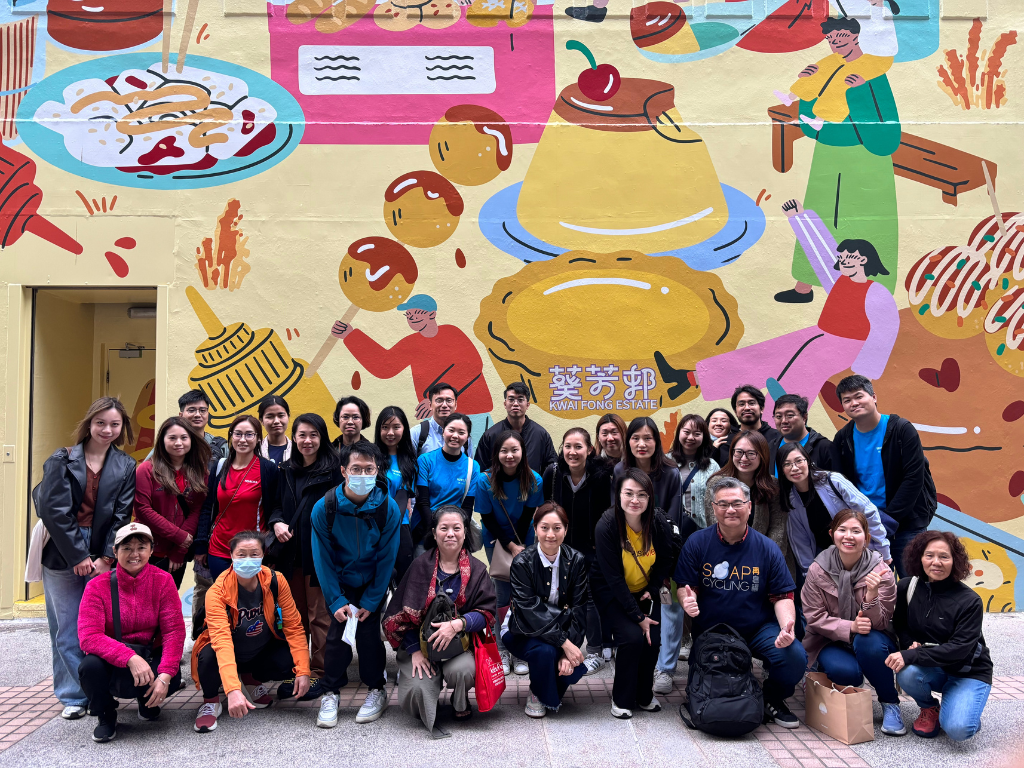
Ho says that people in Hong Kong have a good understanding of environmental protection and have been acting greener. For example, he cites waste disposal in 2023 which decreased by 2.2% year on year, while per capita disposal fell by 4.7%.
“This may be because there are more collection points for different recyclables and due to the global trend of higher importance being placed on the ESG performance of companies,” he suggests.
However, according to him, the barriers of going green still exist, and may include: People not wanting to change their behaviour or not wanting to do more. For example, using soap bars is more environmentally-friendly than liquid soap because of the plastic packaging of the latter, the non-recyclable pump head design, higher energy consumption caused by the heaver weight of liquid soap during transportation, liquid soap being derived from petroleum, and so on. However, many people are unwilling to give up using liquid soap due to habit and convenience, he says.
“Some green actions may require people to spend more money. For example, some hotels discard used soap bars or used dispensers as garbage, instead of paying a service fee to reprocess the used soap bars or draining and collecting the liquid remaining in dispenser bottles.”
As for companies, Ho says, “Among “E”, “S”, and “G”, companies are always more eager for environmental impact and social impact because of their comparatively less complex nature. Companies fix their sustainability goals based on their business nature and then either hold relevant events themselves, or collaborate with community partners to achieve their goals.”
But, he shares that there are over 10,000 charities registered in Hong Kong, and competition for the resources provided by companies is keen; and that small charities are easily neglected.
To support Soap Cycling, Ho welcomes Individual volunteers who may come to join their free public sessions by following the recruitment ads on online platform HandsOn Hong Kong. He adds that philanthropic donations and the pro-bono services of committed volunteers are also welcomed, particularly those who have marketing or data management skills.
For Corporates, organizations and groups, Soap Cycling can arrange private indoor/outdoor sessions, direct interactions with Soap Cycling beneficiaries or working sessions for groups of 10-100 persons, for which donations are requested. Children aged seven and above may join as long as they are accompanied by an adult.
What is the best thing about the work that you do?
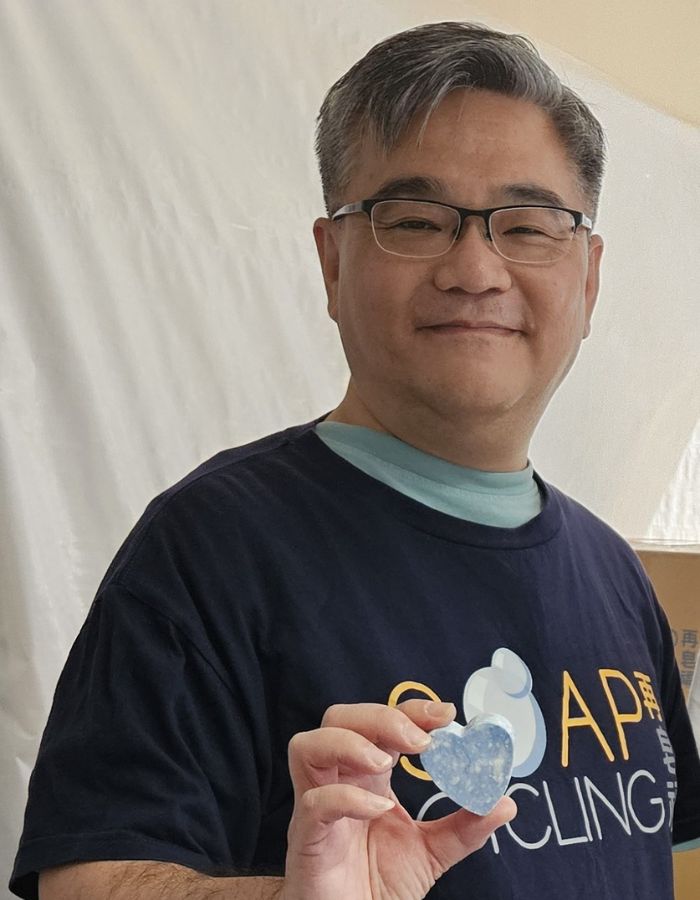
“The best part of my job is responding to need. In Hong Kong, the ageing population and dementia are pressing problems. We started soap recycling at elderly homes and elderly daycare centres last year after finding that the elderly are capable enough to do it, even if they are sitting in a wheelchair and though space in elderly homes and daycare centres is typically limited,” says Ronald Ho, General Manager, Soap Cycling.
“We have found that since soap recycling allows the elderly the opportunity of giving back to society and contributing to environmental conservation, they are keen to join our workshops. Taking part in activities and having a social life is helpful in reducing the chances of developing dementia; and we are happy about this added benefit to our work.”
Soap Cycling
1704-1705, World Peace Centre,
55 Wo Tong Tsui St, Kwai Chung.
- +852 5691 3023
- [email protected]
- www.soapcycling.org
Share
About the Author

Being Neighbourly
For over 20 years, the people behind BN have been creating content on the best things in life: food, travel and inspirational people.
Coming Soon:
Available soon in our Shop!
Snippets
Stay Up To Date
Want the latest insights and fresh content delivered straight to your inbox? Subscribe to our newsletter and stay updated with our exclusive content!
